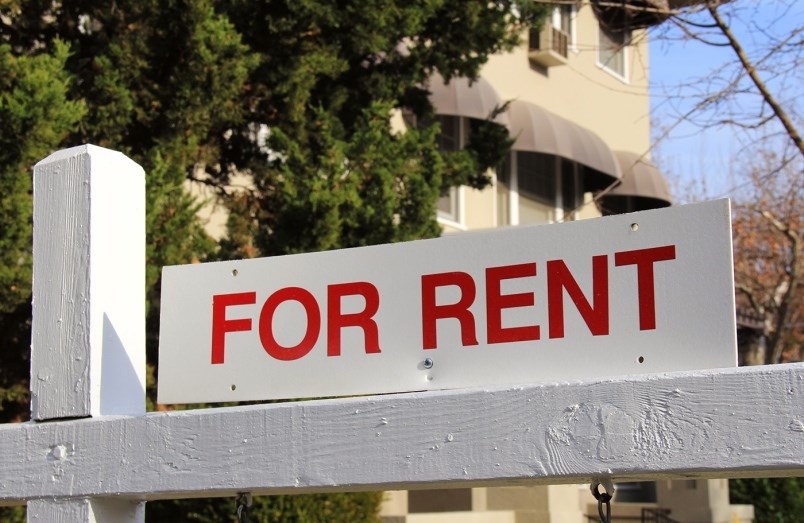The Ontario government is increasing fines for unlawful evictions and reinforcing the necessity for landlords to explore repayment agreements before considering evictions.
The measures are included in the Protecting Tenants and Strengthening Community Housing Act which received Royal Assent today.
"We know tenants and landlords have struggled during COVID-19, and some households may be facing eviction due to unpaid rent during this crisis," said Steve Clark, Minister of Housing. "By making these changes we are trying to keep people in their homes, and at the same time, helping landlords receive payment through a mutual repayment agreement."
The legislation should make it easier to resolve disputes while protecting tenants from unlawful evictions by:
- Requiring tenant compensation of one month's rent for "no-fault" evictions;
- Allowing the Landlord and Tenant Board to order up to 12 months' rent in compensation for eviction notices issued in bad faith or where the landlord does not allow the tenant to move back in after renovations or repairs;
- Doubling the maximum fine amounts for offences under the Act to $50,000 for an individual and $250,000 for a corporation.
The changes will also modernize and streamline the dispute resolution processes at the Landlord and Tenant Board and encourage the use of alternatives to formal hearings to resolve certain issues and encourage negotiated settlements.
The Landlord and Tenant Board must now consider whether a landlord tried to negotiate a repayment agreement with a tenant before it can issue an eviction order for non-payment of rent related to COVID-19. Certain disputes, such as those related to unpaid utility bills, will shift from Small Claims Court to the Board.
See: Protecting Tenants and Strengthening Community Housing Act, 2020



